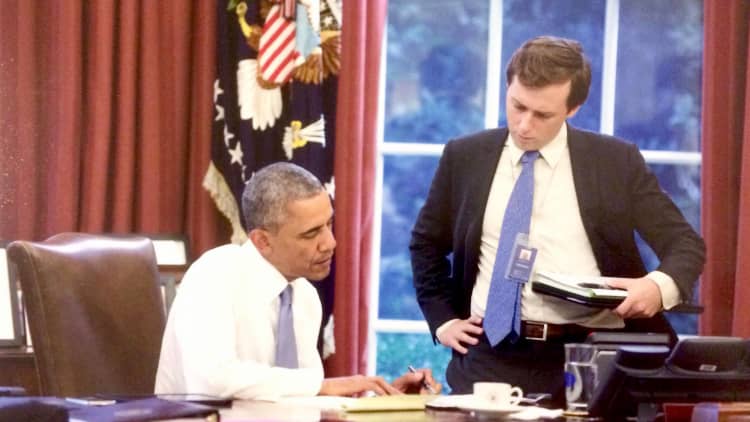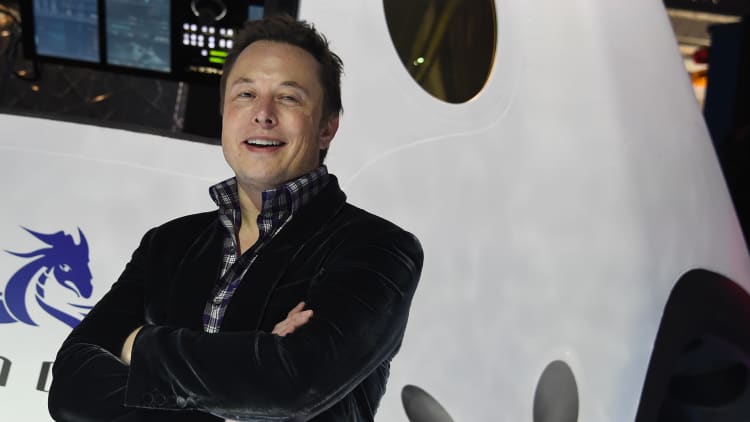Most children start reading by the time they're six or seven. Adora Svitak began when she was three. She started writing when she was four.
When she was 12, she gave a TED Talk called "What adults can learn from kids," viewed now almost five million times, in which she advocates that there's much to gain from the inherent wisdom of children, and that "learning between grown-ups and kids should be reciprocal."
"Sometimes when I look back on the talk, I'm also surprised by how confident I look at that age," the former child prodigy, now a 19-year-old senior at the University of California, Berkeley, tells CNBC Make It.

She was not new to speaking in front of an audience. She estimates that she gave over 100 talks prior to her appearance on the TED stage, mostly at education conferences. She was also invited to classrooms to speak to fellow children about reading and writing.
Svitak is still an active lecturer. In recent years, she has spoken on the topics of education reform and literacy in front of audiences at Google, the Mashable Social Good Summit and the United Nations Economic and Social Council.
Here are three important tips she recommends for anyone preparing a speech.
Visualize a time of confidence
"Everyone has a time when they were filled with confidence," says Svitak, "not questioning themselves at all." She likes to think back to a memory of when she was four and her mother took her to a park. There, Svitak climbed on top of a boulder and gave a speech on why she should be president.
"I think it's really important to capture that early magical spirit that you have as a kid where you don't quite know your own limitations," she says.
Most people, including child prodigies apparently, lose the blind confidence of youth. "We hear more people telling us no or saying that we don't have what it takes."
But, she says, you have to refute those doubts and find your confidence.

Know you audience
"It's easy to look at a group of people and think you know them," says Svitak, simply because they are educators. But as she has found in her own experience, thinking that way is a mistake.
She once gave a presentation to a group of teachers who worked for an under-resourced school, and sticking to her typical discussion points, talked about getting students to write blogs and become involved with projects in their communities.
But when she was done, the educators responded critically, telling her that she was not sensitive to their needs and did not understand the disadvantaged backgrounds of their students.
"That was a fair criticism," she says. "That was a shortcoming on my part."
Now, she realizes that every audience is different. "After that, I was very careful to look at the minutiae of where people are coming from."
She looks through lists of attendees at conferences and does research on the schools they work for. And when she gets to a conference, she likes to engage with audience members casually one-on-one before giving a talk to get to know them even better.
Have humility
"Humility for any public speaker is crucial," says Svitak. "At the end of the day, it's a really humbling act to put yourself out there."
Humility is core to Svitak's message. She is an advocate for youth empowerment, social change and development. Her intent is not self-promotion.
"My speeches aren't limited to one topic necessarily, but always do have young people at the center," she says.
She hasn't strayed, it seems, from the dreams of her younger-self, a 12-year-old who had things to say and knew people would do well to listen. She's still fighting for that little girl.
Like this story? Like CNBC Make It on Facebook.
Don't Miss:



